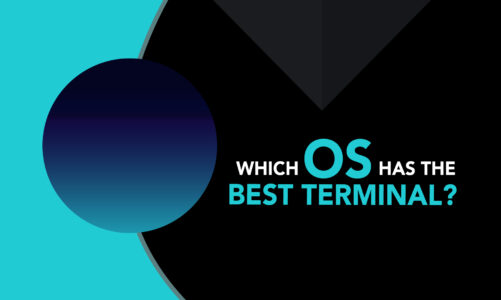Ubuntu is an extensively utilized and well-liked operating system that is based on Linux. It is renowned for its ease-of-use interface, dependable performance, and robust security attributes. Ubuntu offers different flavors, or variants, that cater to different user preferences. Kubuntu is among the different variations available, and it differs from the standard GNOME environment by utilizing the KDE Plasma desktop environment. Despite this obvious difference, Kubuntu is still considered Ubuntu, and many users are conscious of why this is so.
Whether you’re an existing Kubuntu user or simply curious about this widespread Linux distribution, let’s finally get to know the reasons why it is still considered as Ubuntu. So let’s start with it.
What is Kubuntu?
Kubuntu is a recognized flavor of Ubuntu that employs the KDE Plasma desktop environment as its interface. It was first introduced in 2005, and since then, it has gained a loyal following among Linux users who prefer the KDE Plasma desktop environment over other desktop environments.
Kubuntu offers all the features of Ubuntu, including access to the same repositories and support. Let’s get more into it below.
Origins of Kubuntu
Kubuntu was created as a community-driven project by a group of developers who wanted to provide an alternative desktop environment for Ubuntu users. The name “Kubuntu” is derived from the KDE Plasma desktop environment and Ubuntu. Kubuntu is sponsored by Canonical, the same company that sponsors Ubuntu, and it is an official flavor of Ubuntu.
The Ubuntu base
At its core, Kubuntu is built on the same foundation as Ubuntu. This means that Kubuntu shares many of the same underlying components, including the Linux kernel, system libraries, and most of the software packages available in the Ubuntu repositories. This shared foundation has several advantages for Kubuntu users, including access to the vast library of Ubuntu software, including productivity tools, multimedia software, and games, as well as robust security features and a well-tested, stable operating system.
However, Kubuntu’s use of the KDE Plasma desktop environment distinguishes it from the main Ubuntu distribution. This desktop environment provides a different user experience and a range of additional features that are not found in the default GNOME desktop.
In spite of this difference, Kubuntu still shares much of the same code base and underlying architecture as Ubuntu. This close relationship allows Kubuntu to benefit from the same level of support and development as Ubuntu while still providing a unique user experience tailored to KDE users.
Why is Kubuntu still considered as Ubuntu?
The answer is quite obvious as to why Kubuntu is still considered as Ubuntu. The reason behind this is that Kubuntu uses the same fundamental systems and repositories as Ubuntu and is launched consistently on the same timetable as Ubuntu. Kubuntu also benefits from the same security updates and bug fixes that are released for Ubuntu.
What are the benefits of using Kubuntu?
Like any other operating system, Kubuntu offers its own set of advantages, such as:
- Customizable and modern desktop environment
- Availability of a wide range of software repositories for Ubuntu
- Security and stability of Ubuntu core
- Strong and active community support
Conclusion
Kubuntu is an official Ubuntu flavor, and the KDE Plasma desktop environment sets it apart from the default Ubuntu distribution. However, it still shares a common foundation with Ubuntu. This relationship provides many benefits to Kubuntu users, including access to Ubuntu’s vast library of software packages and a stable, well-tested operating system. It is because of this correlation that, at some point, Kubuntu is still considered as Ubuntu.



